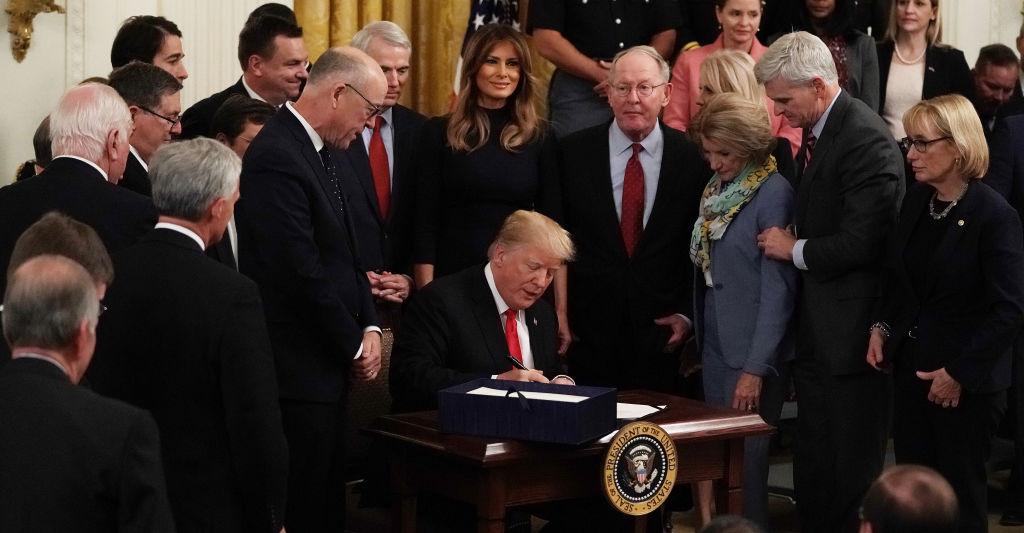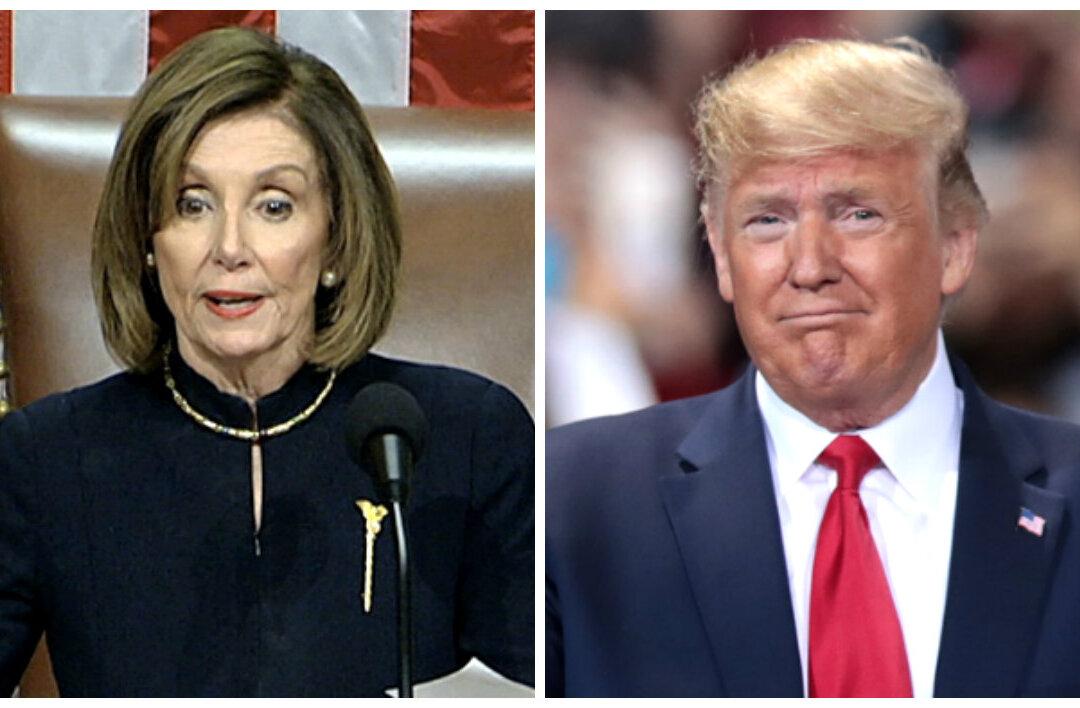WASHINGTON—President Donald Trump on Oct. 24 signed a bipartisan package of bills on opioid addiction that he called “the single largest bill to combat the drug crisis in the history of our country.”
The Substance Use-Disorder Prevention that Promotes Opioid Recovery and Treatment (SUPPORT) for Patients and Communities Act allocates resources for treatment and prevention, including increased support for mothers and inmates. Notably, the bill puts $6 billion toward opioid addiction prevention, treatment, and other ancillary problems related to abuse.






